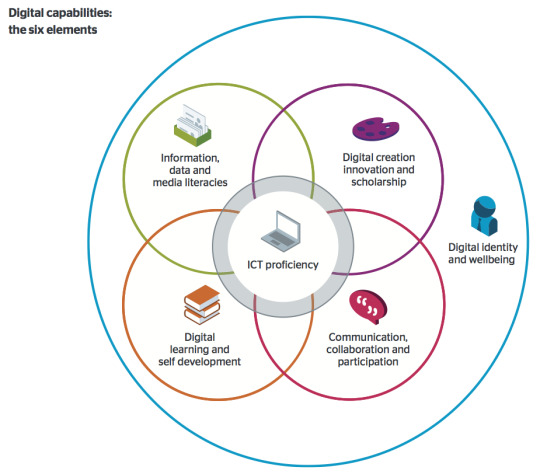In this series of articles, the Educational Technology team will be providing an insight into existing practice using technology for learning and teaching at Falmouth University and also at projects being undertaken within the wider HE sector. Some of our previous articles have looked at Assessment, Creative Education and Learning analytics.
With September comes the start of a new academic year and as we welcome back returning students our focus also shifts to those who are new to the higher education environment. As part of the initial induction process students will more often than not be expected to engage with digital software and tools as they become familiar with their course. Library systems, institutional email, virtual learning environments and timetable systems all require access to a digital environment and while students are having to engage with these systems at an institutional level there are many more services and platforms that can be used socially.
Thinking about the way you interact with digital services requires some thought on digital identity and the digital footprint you leave behind after engaging with tools. For many students using digital tools is essential to developing their identity as creative arts practitioners, for example will you be wanting to publicise or sell your work through social tools? Will people be searching for you using your name or a pseudonym? Will you be keeping personal and professional social accounts separate?
Have you ever Googled yourself anonymously? Think about the content that appears in the results when your name is searched for. Does it represent your professional life or your personal? Are the images that appear of you appropriately representative of your professional profile?
At Falmouth, we have recently worked closely with our Creative and Music, Theatre and Events Management and our PGCHE students to encourage a conversation around Digital Identity at the start of their course. Our first presentation and workshop is part of a professional practice series that runs alongside a 3 or 4 year undergraduate degree.
JISC’s considers Digital Identity alongside Digital Wellbeing as an element of our Digital Capability; encircling our interactions with technology for creation, learning, information management and communication.

Digital capabilities: the six elements
©Jisc
A project emanating from the University Mary Washington and being delivered by Reclaim Hosting asks students and academic staff to take back their digital identity forming a Domain of Ones Own. The concept encourages you to delve a bit deeper and consider what makes up your digital identity as you form it and how use of technology impacts your life.
Additional Resources:
Audrey Waters talks about DoOO in the context of a post-ownership society
https://klout.com – Improve Social Skills
http://www.open.ac.uk/libraryservices/beingdigital/objects/20/index.htm My digital Identity: making a good impression online